Welcoming the new year means new opportunities to try and be better. But while there’s always a need to seek aid and guidance from others, our progress ultimately lies on none other than our individual efforts. To kick things off for 2020, join us as we put known self-help tips to the test to see if they’re really effective in enabling our #NewYearNewMe journey.
If I were world-famous, perhaps, if you Google the term “couch potato,” it’ll be me who’ll top the search results. I have a completely sedentary lifestyle. For nine hours of the day, you’ll find me sitting down, crouched over my laptop as I try to squeeze out words from the corners of my mind. During my free time, on the other hand, it’s either I’m sitting on our couch, binging on a new Netflix series while munching on snacks, or sleeping soundly wherever drowsiness gets me. I rarely go out of the house and commute to places, and the last time I properly exercised was more than two years ago, when I was required to in my Physical Education class during my university days. Do I know it’s unhealthy? Yes, but I never really found any urgent need to be active since I’m one of the lucky few whose BMI stays within the normal range no matter how much food I gobble up and regardless if I work out or not. But, seeing how my legs almost died when I had to walk miles for my Taiwan trip last year, I was forced to reflect on my lifestyle and try to make changes this new year.
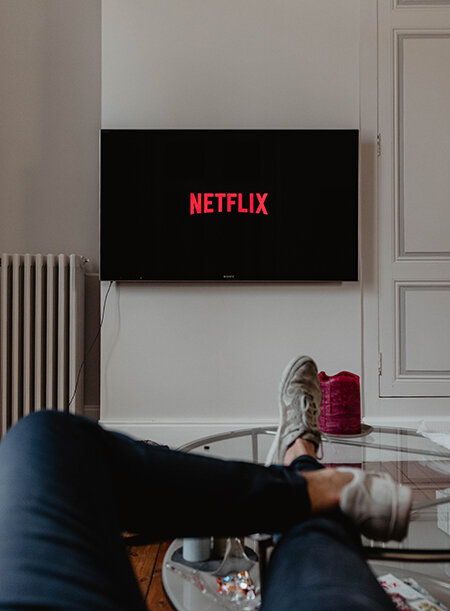
Basically how my weekend looks like
With January being a clean slate for us all, I thought it was the perfect time to add a bit more activity to my every day. I wanted so badly to quit panting after hiking up a flight of stairs, so I checked out the recommended amount of exercise one should have for a week to live healthily. Mayo Clinic says healthy adults should at least get 150 minutes of moderate activity per week, broken down into 30 minutes of daily exercise, five days a week. Aside from that, it’s important to include a mix of moderate aerobic and strength training exercises to build up strength and endurance. Seems like a daunting task for me who’s done zero physical activity over the past few years, but I aimed to achieve that just to see how it goes.
It helped me kill two birds with one stone
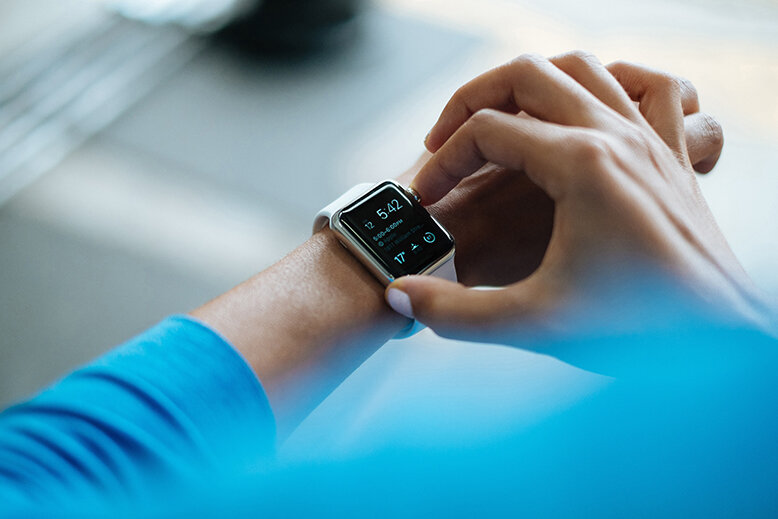
Finding the time to workout is especially difficult if you work in an office and suffer long hours of commute
I thought it was the workout proper that would cause problems for me, but just finding time to do the 30 minutes of daily exercise was already difficult. Though I’ve tried, I just couldn’t achieve being a morning person. With that, working out in the morning was out of the question. Meanwhile, when the clock strikes six in the evening, although I work from home, I still find myself completely drained. Thankfully, during that time, I also have to take my dogs out for a walk. They like running when they go out, so I might as well do some jogging while I’m at it. With that, the sunset has become a signal for me to start working out.
Problems in adjusting to the new routine
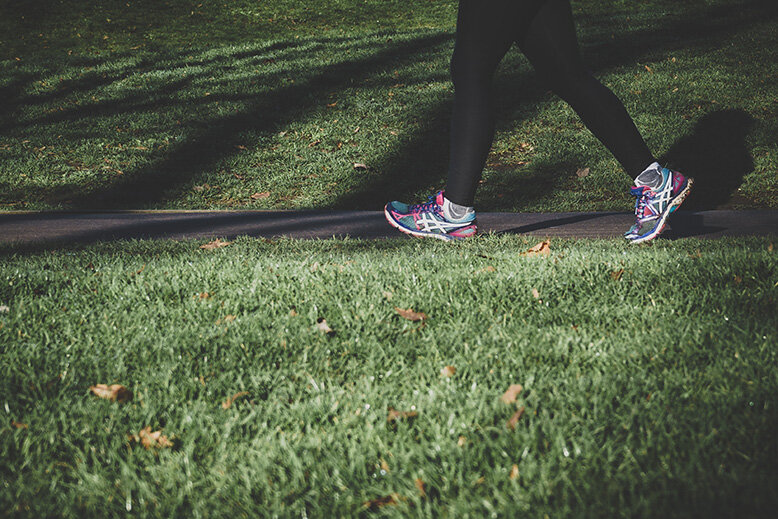
Don't set high expectations and start with simple exercises first
As expected, it was a struggle for me to get used to doing this new task in my sched. Sometimes, I’m just so tempted to take a nap and let someone else do the dog-walking. Without the begging of my pets, I probably would have given up on this long ago. Initially, I would just try to dash all the way through, but I found myself catching for air after a hundred meters. Because of that, I learned to alternate jogging and walking as we circled our block. But even then, it was still quite hard to kill the 30-minute time I had set. My pets last only five laps around our place, which usually takes us just around 10 minutes, and by then, they lose interest and start to drag me home. I had no other choice but to incorporate other kinds of exercises when we return.
It pushed me to test my limits
Save for my dad’s metal resistance bar that I can never get to bend, we have no other fitness equipment in our house. So for the strength training aspect of my 30 minutes of daily exercise, I had to use my own body weight to tire out my muscles. I looked back at my college days, to our noontime Band and Ball class under the sweltering summer heat, and scoured through my notes to recall the basic "warm-up" routines that made my term full of pain and regret. To add to the usual push-ups, sit-ups, lunges, and what have you, I also checked out at-home workout channels on YouTube. In the end, I settled with Joanna Soh’s Total Body Strength Training, partly because her routine is around 20-minutes long, but mostly because it was a well-rounded exercise that focused on different muscle groups.
The verdict: 30 minutes of daily exercise helped me be more at peace with my mind and body
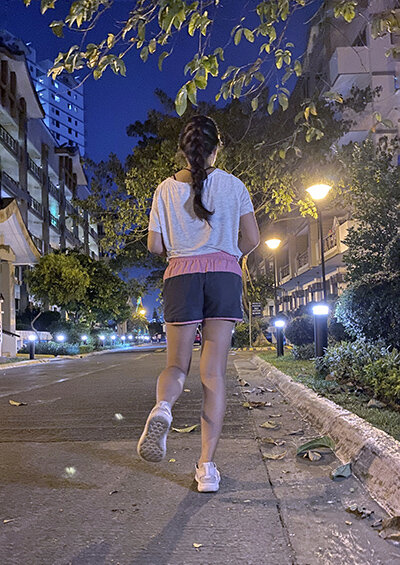
I'm not sure if my jogging form is proper, but I tried my best to just get more active
One week of trial is too short to tell whether this new routine will help me shed pounds. Based on my body and my past fitness experiences, they almost never do, so it was never really my goal anyway. But on my fifth day, I realised it took me a bit longer to tire out. Without doubt, 30 minutes of daily exercise really helped me become energised, but since I do it at night, I feel like all the adrenaline goes to waste. Sweating it all out and having just half an hour with a quiet mind also helped me calm down too, especially on more stressful days. Most importantly, having a more active task made me sleep more soundly at night.
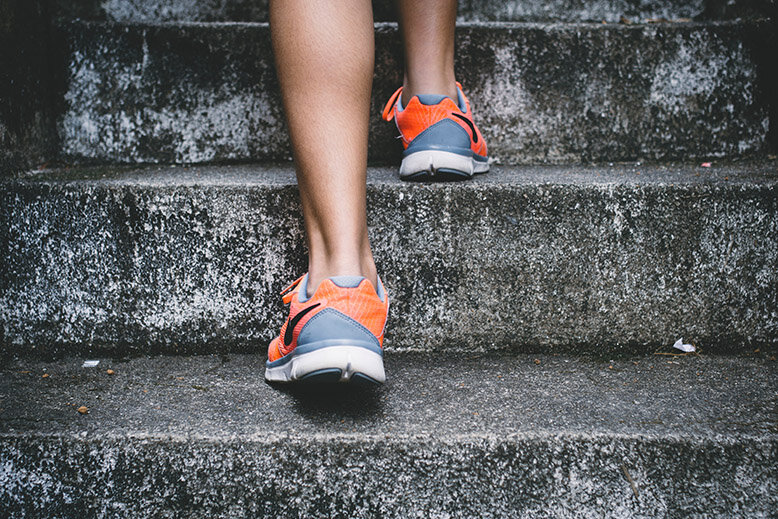
Step it up as you get more used to doing exercise everyday
Still, before you reap its benefits, you have to overcome a lot, and I’d say I’m still far from happily adopting this new routine. Perhaps, it would have been better for me and my body if I took on this mission gradually. Apparently, according to Harvard Health, it’s fine if you don’t achieve 30 minutes of daily exercise. You can cut it into smaller chunks of time spread throughout the day, or bigger chunks spread through fewer days. Perhaps, if I listened to this advice, and didn’t try intensive workout right off the bat, I wouldn’t have suffered with sore muscles prone to cramping for the first three days of my trial.
Next, see if becoming a morning person is the key to boosting your well-being.
Comments, questions or feedback? Email us at [email protected].








